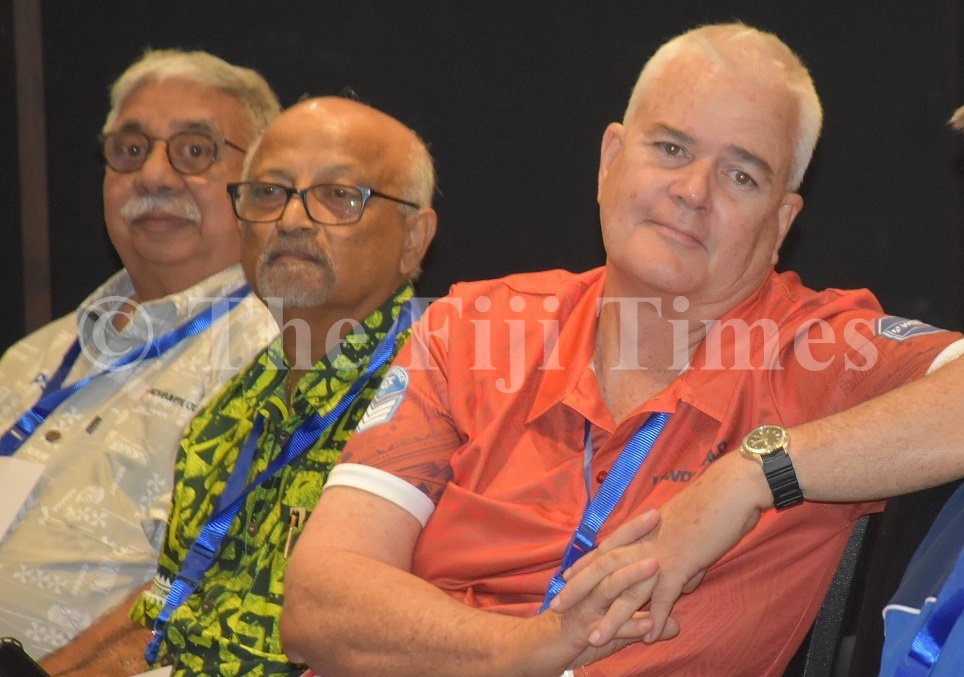As the country grapples with labour migration problem, businesses in the construction sector have raised concerns about the calibre of apprentices coming into the workforce.
During the Construction Industry Council (CIC) workshop in Suva last Friday, Wormald Fire and Security fire systems manager Douglas Thomson said apprentices often had to be retrained once they entered the industry.
In particular, he said those involved with plumbing had limited knowledge about the different types of pipes used in the business. The company has six apprentices involved in fire alarm and sprinkler fitting, trained at FNU in electrical and plumbing. However, he said only basic courses were provided by the Fiji National University (FNU).
“They’re taught basically how to do plumbing with PVC pipe. That’s not what we use,” he said.
He added that galvanised pipe, threading machines, and roll grooving machines were used in the field, which were also used to put up fire sprinkler systems.
“The plumbers that we get out of FNU are basically PVC plumbers. They don’t know anything about working with galvanised pipes. We have to basically take these people on and train them.
“What we’re asking is if FNU should get themselves some decent trainers who can teach people how to do this, this type of work.”
Apart from this, he said FNU also needed to train students to work with HDPE pipes, which were manufactured by a company in Lautoka.
“But the problem is FNU doesn’t teach anybody how to do HDPE pipe welding or how to weld fusion fittings onto HDPE pipe. So, you have to use all basic low-pressure fittings on these pipes.
“And that’s no good for the industry because all underground fire mains are done in higher pressure.
“So, we have to then take people on who are plumbers, they don’t know anything about HDPE pipe. They know nothing about what goes on underground.
“You have to train them. And then, once you’ve trained these people and they get good at what they do, somebody from New Zealand comes along and takes them and we’re left with nobody.”
In response, FNU reps at the event said they usually conducted a review of their programs every three years and welcomed the views of employers to see which areas could be improved upon.



